Ensuring the safety and efficiency of your trailer operations is paramount, especially when dealing with heavy loads and long-distance hauls. At CarMax Vehicle, we recognize the critical role that the Anti-lock Braking System (ABS) plays in enhancing trailer performance and safety. This comprehensive guide delves deep into the intricacies of the trailer ABS light, its significance, troubleshooting methods, maintenance tips, and the benefits it brings to your towing experience.
What is a Trailer ABS Light?
The trailer ABS light is an integral component of modern trailer braking systems. It serves as an indicator, alerting the driver to the status of the Anti-lock Braking System on the trailer. When functioning correctly, the ABS enhances braking performance by preventing wheel lock-up during sudden stops or on slippery surfaces, thereby maintaining steering control and reducing stopping distances.
How the Trailer ABS Light Works
The ABS light operates in conjunction with various sensors and control units integrated into the trailer’s braking system:
- Sensors: Wheel speed sensors monitor the rotational speed of each wheel. If a sensor detects a significant difference in speed between wheels, it signals a potential lock-up.
- Control Unit: The ABS control unit processes the data from the sensors and modulates brake pressure to prevent wheel lock-up.
- Indicator Light: The ABS light illuminates on the trailer’s dashboard to notify the driver of the system’s status—whether it’s functioning correctly or if there’s a malfunction.

Importance of the Trailer ABS Light
Understanding the significance of the trailer ABS light is essential for maintaining optimal trailer performance and ensuring road safety.
Enhanced Safety
The primary function of ABS is to prevent wheel lock-up during braking, which is crucial for maintaining control of the trailer, especially in adverse conditions. By monitoring and adjusting brake pressure, ABS reduces the risk of skidding and enhances overall stability.
Improved Brake Performance
ABS optimizes braking performance by providing consistent braking force, reducing stopping distances, and ensuring smoother deceleration. This is particularly beneficial when towing heavy loads or navigating sharp turns.

Early Warning System
The ABS light acts as an early warning system, alerting drivers to potential issues within the braking system. Promptly addressing these warnings can prevent more significant problems and ensure the braking system remains reliable.
Common Causes of Trailer ABS Light Activation
Several factors can trigger the trailer ABS light to illuminate. Identifying these causes is crucial for effective troubleshooting and maintenance.
Faulty Wheel Speed Sensors
Wheel speed sensors play a pivotal role in monitoring wheel rotation. A malfunctioning sensor can send incorrect data to the ABS control unit, causing the ABS light to activate.
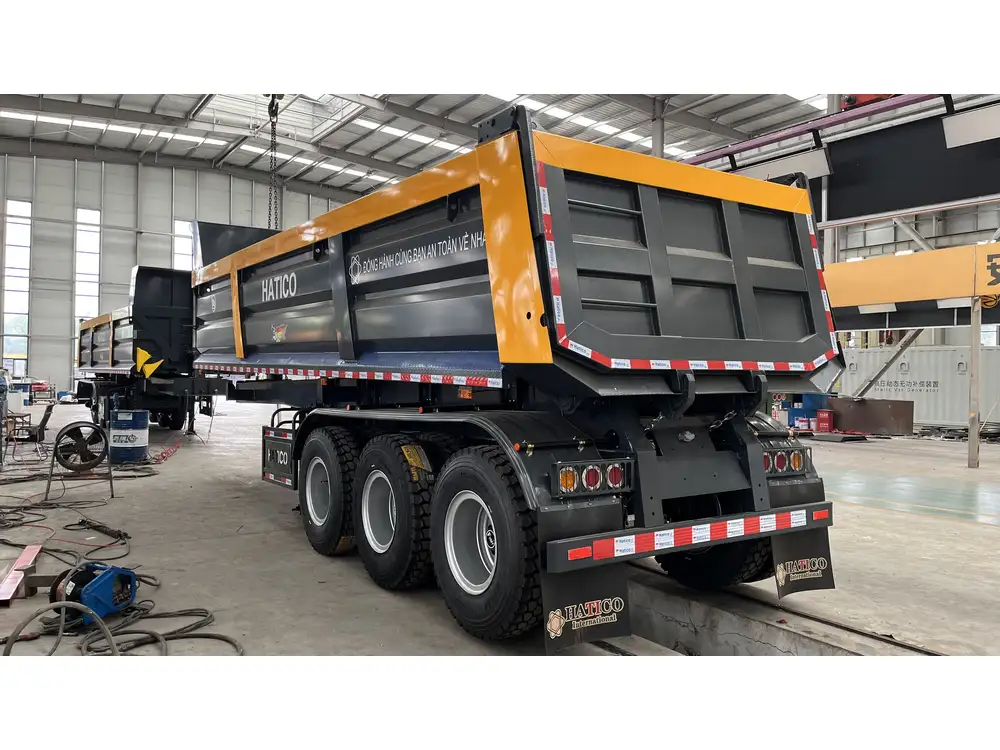
Damaged Wiring or Connections
Damaged or corroded wiring and connections between the sensors and the control unit can disrupt the communication, leading to ABS light illumination.
Low Brake Fluid Levels
Insufficient brake fluid can affect the performance of the braking system, including the ABS. Low fluid levels can trigger the ABS light as a warning signal.
Malfunctioning ABS Control Module
The ABS control module is the brain of the system. Any issues with this component can prevent the ABS from functioning correctly, causing the light to come on.

Tire Issues
Uneven tire wear or incorrect tire pressure can affect wheel rotation, potentially triggering the ABS light.
Troubleshooting the Trailer ABS Light
Addressing the trailer ABS light promptly ensures that your braking system remains effective and reliable. Below are steps to troubleshoot and resolve common issues.
Step 1: Inspect Wheel Speed Sensors
Begin by examining each wheel speed sensor for signs of damage or wear. Ensure that the sensors are clean and free from debris that might obstruct their functionality.

Step 2: Check Wiring and Connections
Inspect the wiring harness for any signs of damage, such as cracks or frayed wires. Secure any loose connections and replace damaged wires as necessary.
Step 3: Verify Brake Fluid Levels
Ensure that the brake fluid reservoir is filled to the recommended level. Top up the brake fluid if it’s low, and inspect for any potential leaks in the system.
Step 4: Examine the ABS Control Module
Assess the ABS control module for any visible signs of damage. If a malfunction is suspected, it may require professional diagnostic tools to evaluate and repair.

Step 5: Assess Tire Condition
Check each tire for even wear and proper inflation. Replace any tires that exhibit excessive wear or are not inflated to the manufacturer’s recommended pressure.
Step 6: Reset the ABS Light
After addressing the identified issues, reset the ABS light using the trailer’s onboard diagnostic system or refer to the trailer’s manual for specific reset procedures.
Maintenance Tips for Trailer ABS Systems
Regular maintenance of your trailer’s ABS system ensures its longevity and reliable performance. Implementing the following maintenance practices can help prevent issues and extend the life of your braking system.

Routine Inspections
Perform routine inspections of the ABS components, including wheel speed sensors, wiring, and the control module. Regular checks can help identify potential issues before they escalate.
Keep Sensors Clean
Ensure that wheel speed sensors are free from dirt, debris, and corrosion. Clean the sensors periodically to maintain accurate readings and optimal performance.
Monitor Brake Fluid
Regularly check brake fluid levels and ensure that the fluid is clean and free from contaminants. Replace the brake fluid as recommended by the manufacturer to maintain braking efficiency.

Tire Maintenance
Maintain proper tire pressure and perform regular tire rotations to ensure even wear. Properly maintained tires contribute to the overall effectiveness of the ABS system.
Professional Servicing
Schedule periodic servicing with qualified technicians to assess and maintain the ABS system. Professional maintenance can address complex issues that may not be evident during routine inspections.
Benefits of a Reliable Trailer ABS System
A well-maintained ABS system offers numerous advantages, enhancing both safety and performance during trailer operations.

Increased Control and Stability
ABS prevents wheel lock-up, allowing drivers to maintain steering control during braking. This results in improved stability, especially when navigating curves or slippery surfaces.
Reduced Stopping Distances
By optimizing brake performance, ABS can reduce stopping distances, providing drivers with more time to react in emergency situations.
Enhanced Traction
ABS helps maintain optimal traction by preventing skidding, ensuring that the trailer remains securely on the road even in challenging conditions.

Improved Load Management
For trailers carrying heavy or unevenly distributed loads, ABS ensures consistent braking performance, reducing the risk of trailer sway and enhancing overall load management.
Longevity of Brake Components
By modulating brake pressure and preventing excessive wear, ABS contributes to the longevity of brake components, reducing the need for frequent replacements.
The Role of CarMax Vehicle in Trailer ABS Systems
At CarMax Vehicle, we prioritize the integration of advanced ABS technology in our trailers to deliver unmatched safety and performance. Our commitment to excellence ensures that every CarMax Trailer is equipped with state-of-the-art braking systems, meticulously designed and tested to meet the highest industry standards.
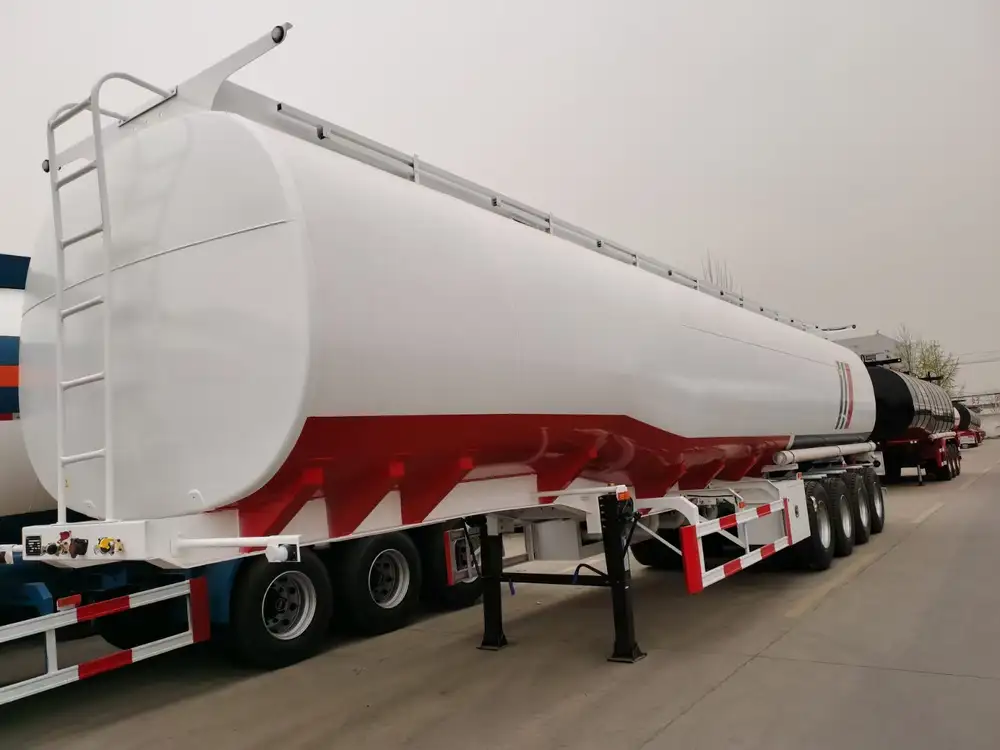
Innovation in Design
Our engineering team continuously explores innovative designs to enhance the functionality and reliability of trailer ABS systems. By leveraging cutting-edge technology, we ensure that our trailers offer superior braking performance under diverse conditions.
Quality Assurance
Quality is at the forefront of our manufacturing process. Each ABS component undergoes rigorous testing to verify its performance and durability, ensuring that CarMax Trailers provide dependable braking solutions.
Comprehensive Support
CarMax Vehicle offers comprehensive support and maintenance services for our ABS-equipped trailers. Our team of experts is available to assist with troubleshooting, repairs, and regular maintenance to keep your trailer’s ABS system in optimal condition.

Customization Options
Understanding that different applications require tailored solutions, we offer customization options for our ABS systems. Whether you need specific sensor configurations or control module adjustments, CarMax Trailer can accommodate your unique requirements.
Comparing ABS with Traditional Braking Systems
To appreciate the advantages of ABS, it’s essential to compare it with traditional braking systems that lack anti-lock functionality.
| Feature | Traditional Brakes | ABS Brakes |
|---|---|---|
| Wheel Lock Prevention | No | Yes |
| Steering Control | Limited during hard braking | Maintained during braking |
| Stopping Distance | Longer, especially on slippery roads | Shorter and more consistent |
| Brake Fade Resistance | Prone to brake fade under heavy use | Enhanced resistance to brake fade |
| Maintenance Complexity | Simpler system | More complex due to additional components |
Enhanced Safety with ABS
While traditional brakes can effectively slow down a trailer, they lack the ability to prevent wheel lock-up, which can lead to loss of control. ABS brakes, on the other hand, actively manage brake pressure to prevent skidding, significantly enhancing safety.

Consistent Performance
ABS ensures consistent braking performance across various conditions, unlike traditional brakes that can be less reliable during adverse weather or with heavy loads. This consistency is crucial for maintaining control and ensuring timely stops.
Brake System Longevity
The modulation of brake pressure by ABS reduces the wear and tear on brake components, extending their lifespan compared to traditional braking systems that undergo constant full-pressure braking, leading to quicker degradation.
Upgrading to ABS: What You Need to Know
For trailer owners considering an upgrade to an ABS-equipped system, understanding the key aspects of the installation and integration process is essential.
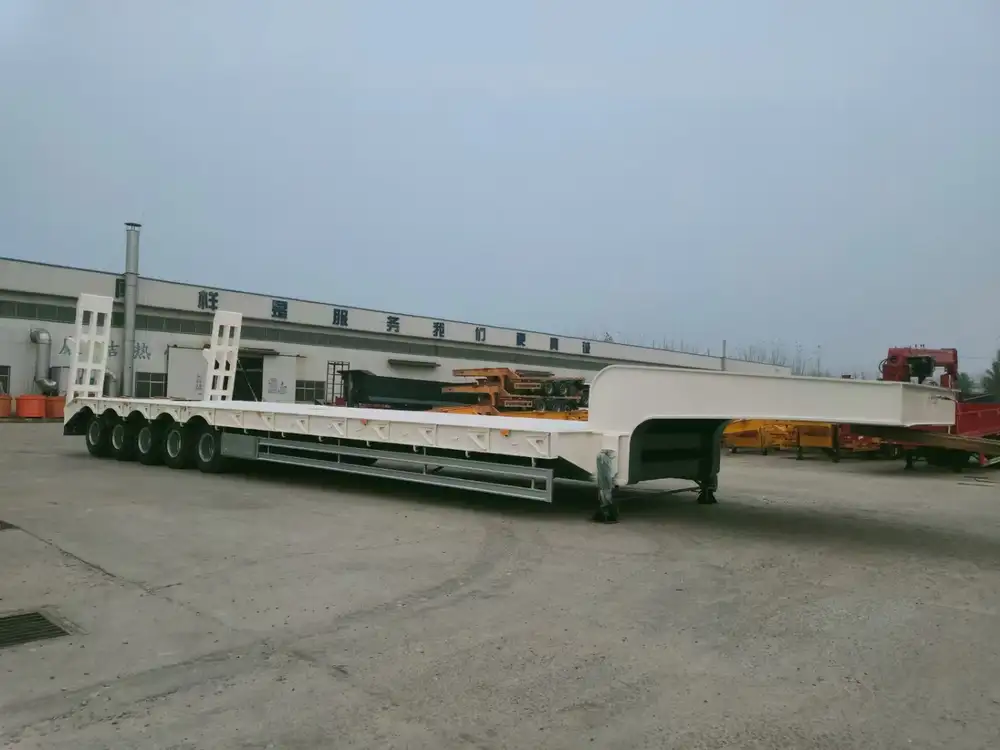
Compatibility Assessment
Before upgrading, assess the compatibility of your existing trailer with ABS components. Factors such as trailer size, weight capacity, and existing braking systems play a role in determining the suitability of ABS integration.
Selecting the Right Components
Choose high-quality ABS components that match the specifications of your trailer. CarMax Vehicle offers a range of ABS upgrade kits designed to fit various trailer models, ensuring seamless integration and optimal performance.
Professional Installation
Installing an ABS system requires expertise to ensure proper functionality. It is recommended to have the upgrade performed by qualified technicians who are familiar with ABS technology and trailer braking systems.
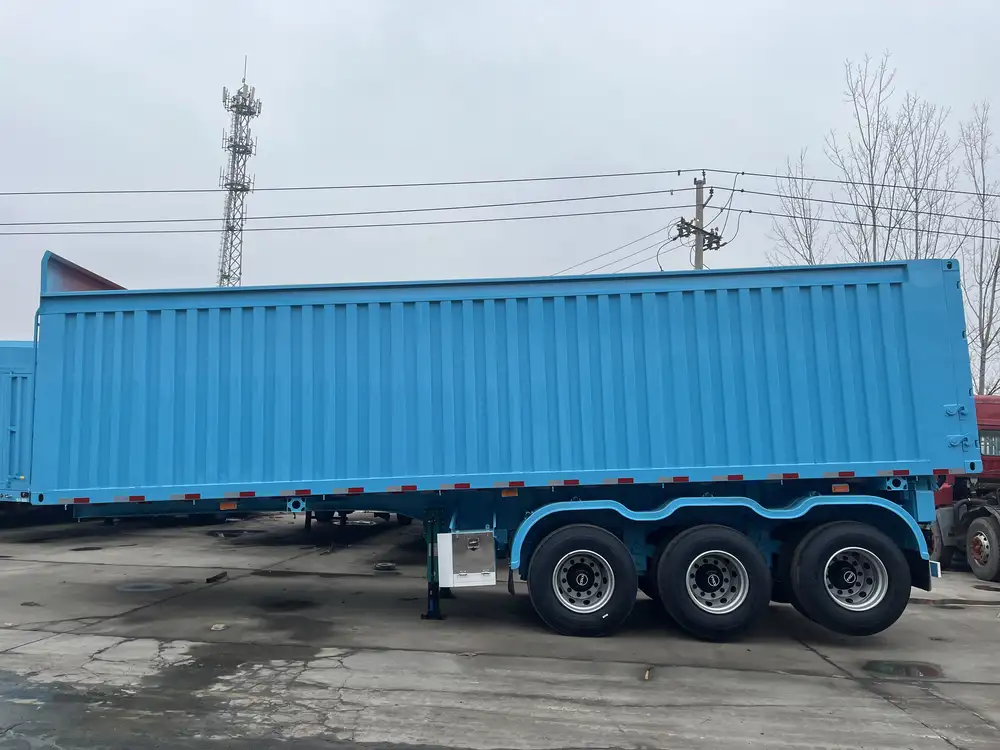
Testing and Calibration
Post-installation, thorough testing and calibration are necessary to ensure that the ABS system operates correctly. This involves checking sensor functionality, brake modulation, and the responsiveness of the ABS light indicator.
Ongoing Maintenance
An ABS system requires regular maintenance to sustain its performance. Adhering to maintenance schedules and promptly addressing any issues can prevent system failures and ensure long-term reliability.
Future Trends in Trailer ABS Technology
The evolution of trailer ABS technology continues to enhance towing safety and efficiency. Here are some emerging trends shaping the future of trailer braking systems.

Integration with Advanced Driver Assistance Systems (ADAS)
Future ABS systems are expected to integrate seamlessly with ADAS, providing features such as automated braking, collision avoidance, and enhanced stability control, further improving safety and performance.
Wireless Sensor Technology
Advancements in wireless sensor technology are making ABS systems more efficient by reducing wiring complexity and improving sensor accuracy. Wireless communication between sensors and the control unit enhances system responsiveness.
Smart Diagnostics
Smart diagnostic tools enable real-time monitoring and analysis of ABS performance. These tools can predict potential issues, allowing for proactive maintenance and minimizing downtime.

Electric and Hybrid Trailer Braking Systems
The shift towards electric and hybrid trailers necessitates the development of ABS systems that are compatible with electric braking mechanisms. These systems offer improved energy efficiency and reduced environmental impact.
Enhanced User Interfaces
Modern ABS systems are incorporating more intuitive and user-friendly interfaces, providing drivers with detailed information about the braking system’s status and offering customization options for braking preferences.
Choosing CarMax Vehicle for Your Trailer ABS Needs
Selecting the right manufacturer for your trailer ABS system is crucial for ensuring safety, reliability, and performance. CarMax Vehicle stands out as a leader in the industry, offering superior ABS solutions tailored to meet diverse towing requirements.
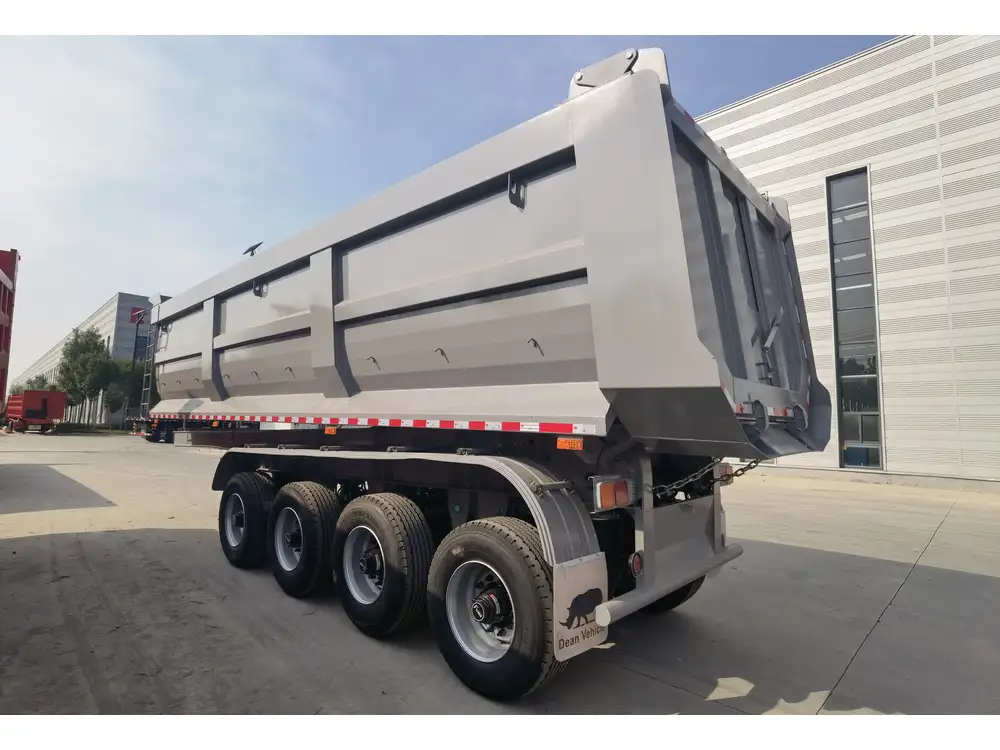
Expertise and Experience
With years of experience in trailer manufacturing, CarMax Vehicle possesses in-depth knowledge of ABS systems, ensuring that our products meet the highest standards of quality and performance.
Comprehensive Product Range
Our extensive range of ABS-equipped trailers caters to various applications, from commercial freight hauling to specialized industrial transport. Each product is designed with precision to deliver optimal braking performance.
Commitment to Innovation
CarMax Vehicle is dedicated to continuous innovation, regularly updating our ABS systems to incorporate the latest technological advancements and industry best practices.
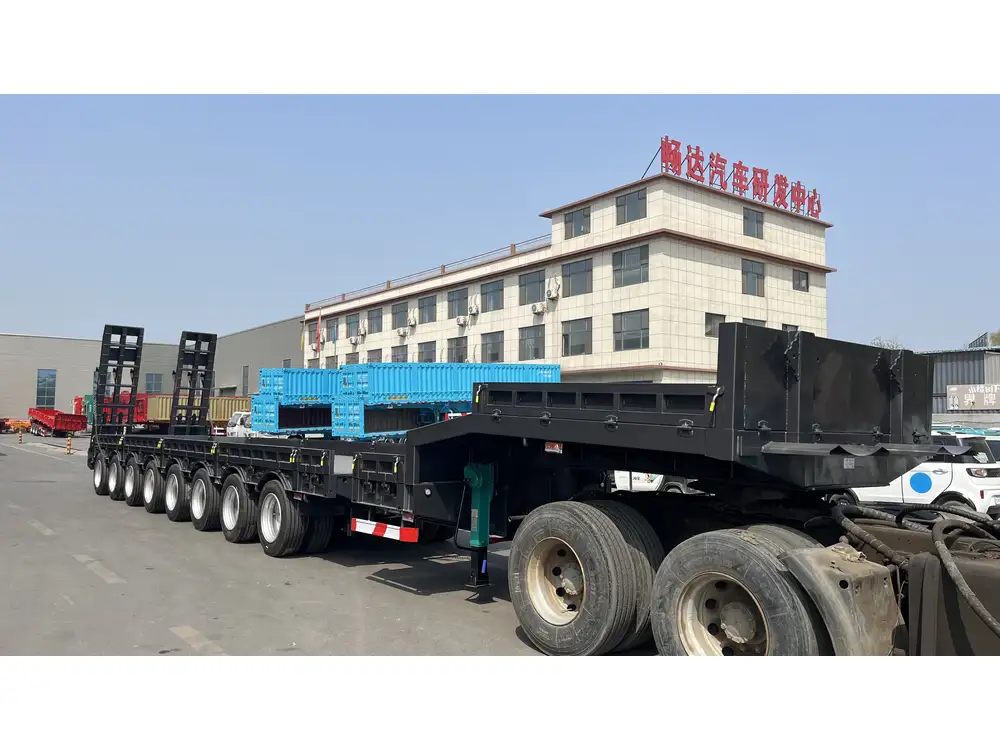
Customer-Centric Approach
We prioritize customer satisfaction by offering personalized support, from selecting the right ABS system to providing ongoing maintenance and troubleshooting assistance.
Reliability and Durability
Our ABS systems are built to withstand the rigors of heavy-duty towing, ensuring long-lasting performance and minimal downtime. Choosing CarMax Trailer means investing in reliability and durability.
Conclusion
The trailer ABS light is more than just an indicator; it represents the lifeline of your trailer’s braking system, ensuring safety, control, and efficiency on the road. Understanding its functionality, maintenance requirements, and the benefits it offers is essential for every trailer operator. At CarMax Vehicle, we are committed to providing top-tier ABS solutions that enhance your towing experience, backed by innovation, quality, and exceptional support.
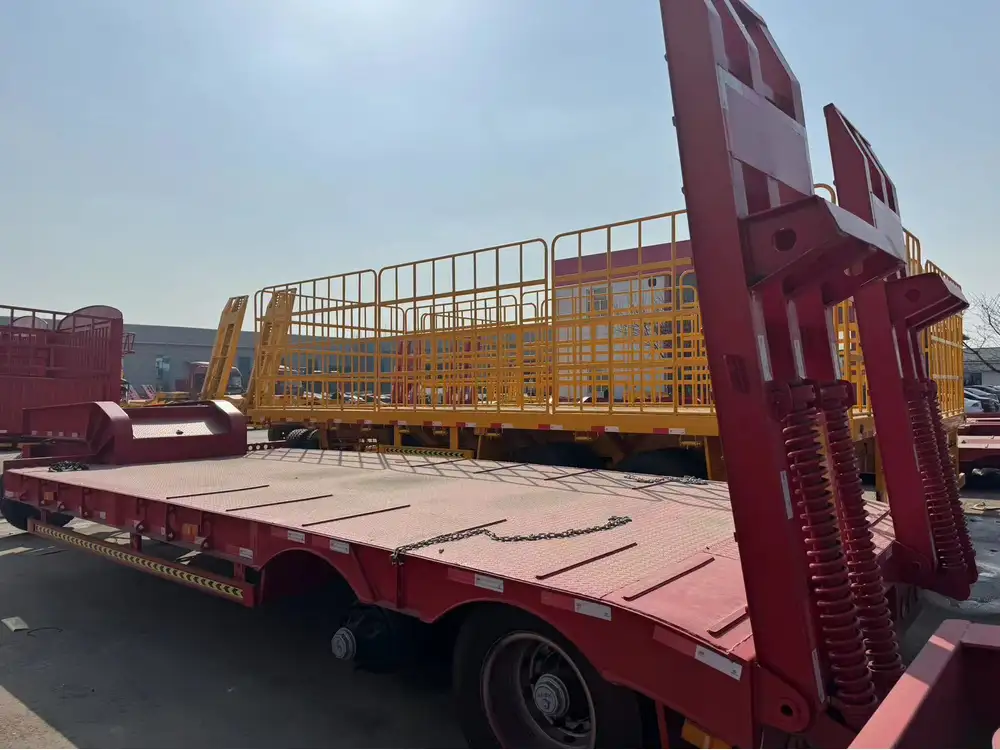
Frequently Asked Questions
1. What should I do if my trailer ABS light stays on after resetting?
If the ABS light remains illuminated after attempting a reset, it’s advisable to conduct a thorough inspection of all ABS components, including wheel speed sensors, wiring, and the control unit. If the issue persists, seek professional assistance from a qualified technician to diagnose and rectify the underlying problem.
2. Can I drive my trailer without a functioning ABS system?
While it is possible to drive a trailer without a functioning ABS system, it significantly compromises braking performance and safety. Without ABS, the risk of wheel lock-up increases, leading to reduced control and longer stopping distances, especially in emergency situations or adverse weather conditions.
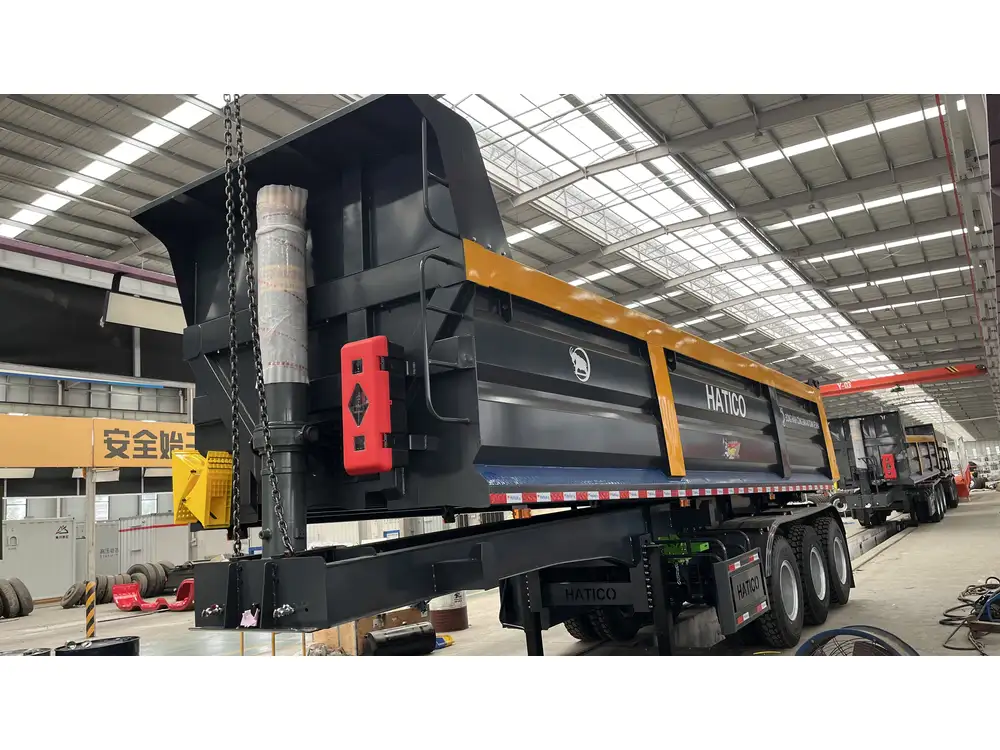
3. How often should I inspect my trailer’s ABS system?
Regular inspections of your trailer’s ABS system are recommended, ideally before each long journey or at least once a month. Incorporate ABS system checks into your routine maintenance schedule to ensure early detection of any issues and maintain optimal performance.
4. Is it expensive to repair or replace ABS components?
The cost of repairing or replacing ABS components can vary depending on the specific issue and the trailer’s make and model. While some minor repairs may be relatively affordable, significant component replacements can be more costly. Investing in regular maintenance can help prevent major repairs and extend the lifespan of your ABS system.
5. Does adding more trailer axles affect the ABS system?
Adding more axles to a trailer can impact the ABS system, as it changes the overall weight distribution and braking dynamics. It’s essential to ensure that the ABS system is appropriately calibrated and, if necessary, upgraded to accommodate the additional axles for optimal performance and safety.



